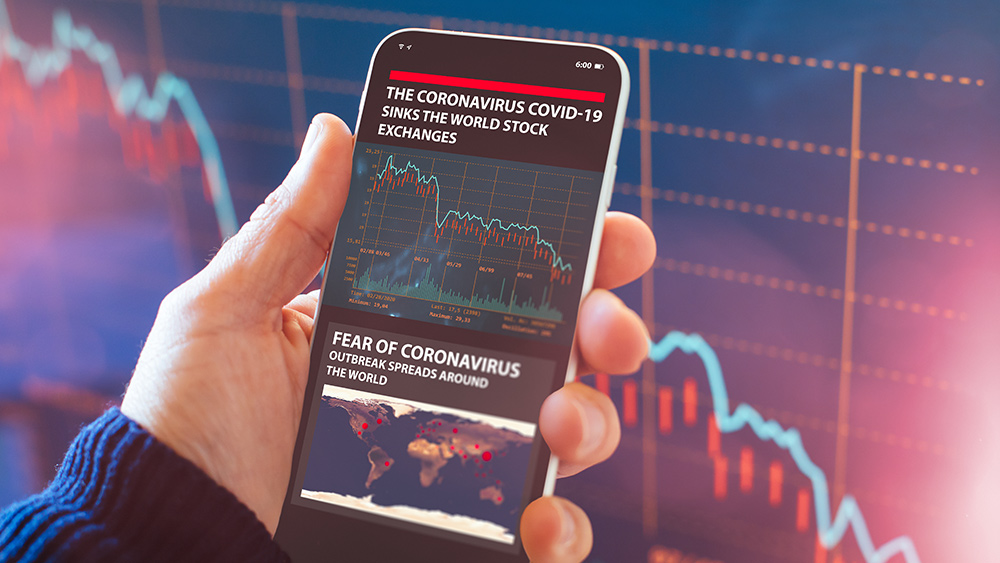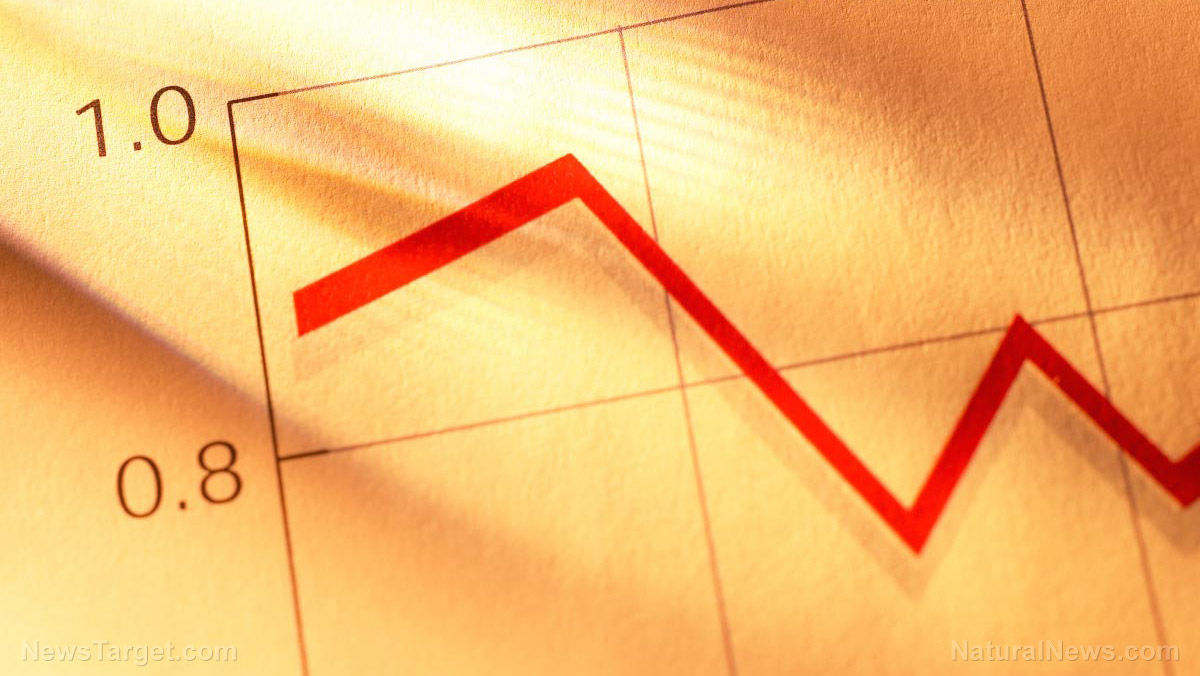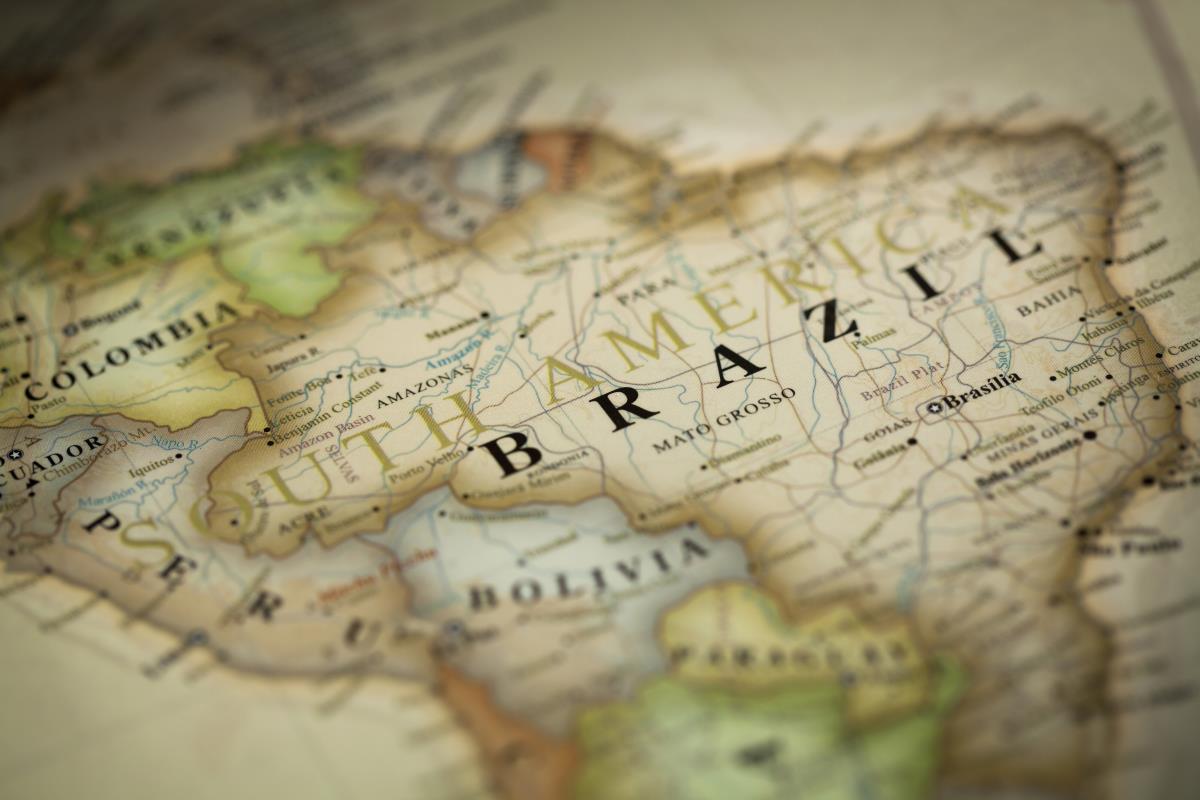Coronavirus recession will hurt low-income and emerging market economies for years
06/15/2020 / By Franz Walker

As the world starts to recoup its losses over the economic carnage brought on by measures to stop the Wuhan coronavirus (COVID-19), it’s becoming clear that recovery will not be easy. A new study from the World Bank states that low-income and emerging market economies will remain deeply damaged five years after the pandemic.
The ongoing coronavirus pandemic has already plunged the world into a severe recession. The World Bank‘s report, however, casts serious doubt over the ability of emerging markets to bounce back quickly after the crisis eases.
According to the study, which was released Thursday, the “exceptional severity of the pandemic and economic collapse” has not only raised the risk “a permanent loss of output levels but a permanent slowdown in potential output growth.”
“The pandemic could alter the very structures upon which the growth of recent decades was built, since it could cause prolonged damage to global supply chains, global trade and financial flows, and global collaboration,” it added.
Coronavirus pandemic will leave lasting economic scars
Collectively owned by 189 countries, the Washington-based World Bank lends to poorer countries to help their economies develop. Since March, a large portion of the bank’s lending has focused on providing up to $160 billion to coronavirus relief around the world. However, even with this support, researchers from the bank caution that the ongoing pandemic could leave lasting damage.
“The bottom line, is that most emerging market and developing economies started this crisis in a weak position, with a lot of vulnerabilities, and it’s the biggest shock since World War II,” stated Ceyla Pazarbasioglu, a World Bank vice president, in an interview.
If a recession leads to a financial crisis in the average emerging market, potential economic growth would be eight percent lower in five years. The toll is more severe for energy exporters, however, as a recession and an oil price plunge could leave economic potential 11 percent lower after the same period. (Related: Coronavirus sinks global oil markets with no bottom in sight.)
Making things worse this time, compared to the 2007 global financial crisis, is that many emerging market economies entered the coronavirus pandemic with more debt, aging populations and weaker demand for commodities. This is on top of trade tensions that had weakened the international flow of goods even before the coronavirus crisis hit.
As things are, few emerging market economies have the ability to take on loans to fund the kind of stimulus programs that are being carried out by wealthier economies.
In addition, it’s still unsure if the fiscal and monetary policies enacted by these wealthier countries, such as the U.S. and the European Union, will be successful at reviving their economies after the pandemic.
“What’s the second phase of this crisis and how much stimulus is needed, and is there a strategy to deal with firms not making it through the crisis?” said Pazarbasioglu. “In emerging market countries it’s an even bigger issue.”
Emerging economies facing debt from years of borrowing
An example of a country facing debt after taking out massive loans is Belarus. The Eastern European country nearly defaulted after an expected $600 million loan from Russia fell through. Russia has been unable to lend the money due to its own economic woes as the ruble continues to plunge alongside oil and gas prices.
The past decade saw low interest rates that led to unlikely alliances between emerging market economies and international investors. Governments, state-owned companies and other businesses were able to avail of cheap loans to finance their growth. Meanwhile, investors looking for better returns than they were getting at home were swallowing up that debt. As such, many developing countries now owe record amounts of debt.
With economic activity has grinding to a halt, governments are now on the hook for billions of dollars in both interest and principal payments. At the same time, these same governments still have to deal with the rising cost of dealing with the coronavirus.
Sources include:
Tagged Under: Collapse, coronavirus, covid-19, debt, debt crisis, disease, economics, economies, economy, finance, flu, lockdowns, recession, risk, superbugs, virus, World Bank
RECENT NEWS & ARTICLES
COPYRIGHT © 2017 RISK NEWS


















